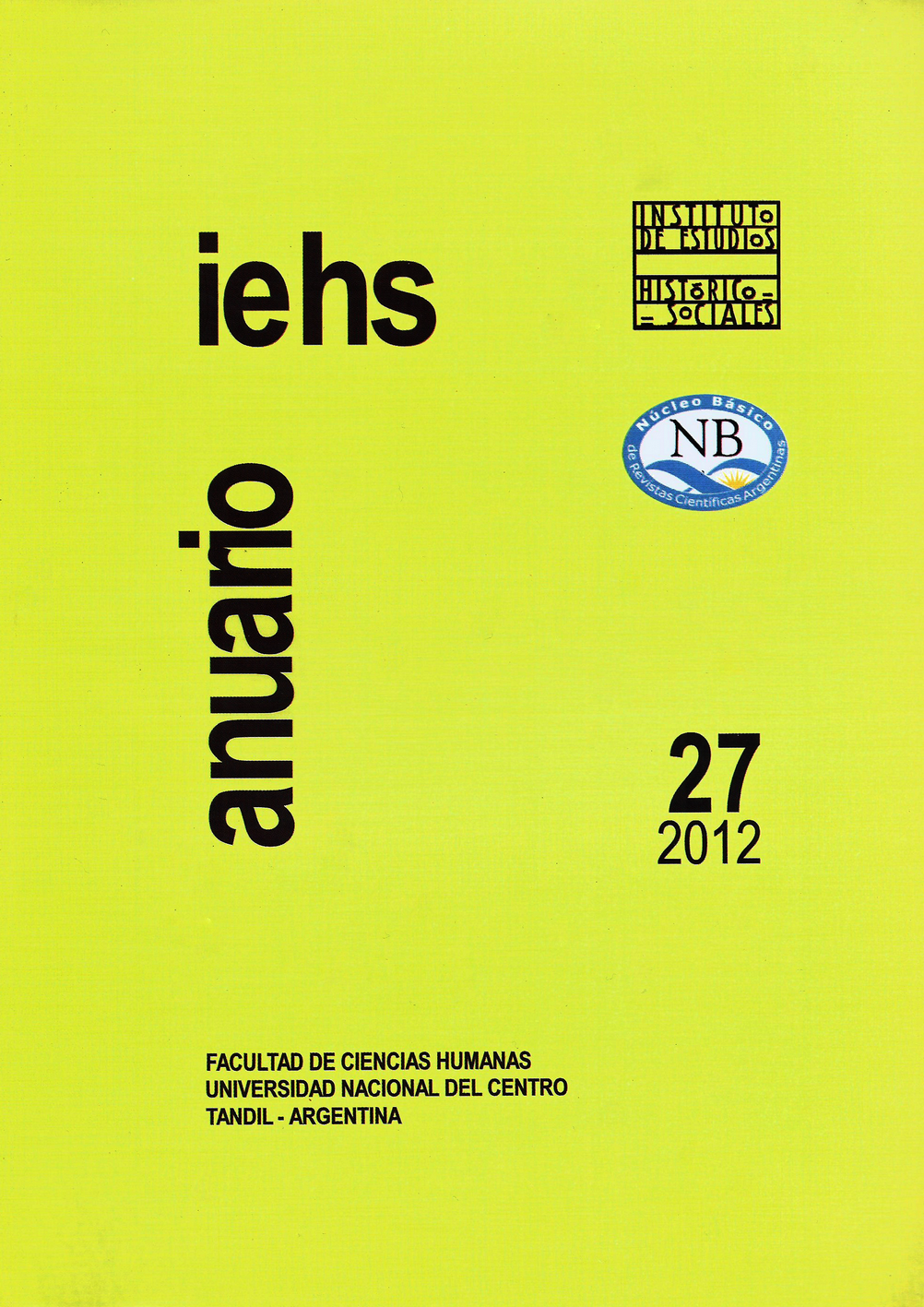Formas de vida en la frontera sur del siglo XIX, habitus y prácticas sociales de consumo alimenticio
Keywords:
Feeding Ways, Frontier, Habitus, Endogenous ChangeAbstract
Columnists, travelers, religious, scientifics and soldiers told us about the feeding ways and the cultural diversity in the south border of Buenos Aires province (XIX century). In that boundary landscape, with multiple and complex interethnic relationships, the different groups granted senses to its feeding in intercultural association that meant exchange, reciprocal acculturation, persistence or modifications in their forms of life because the cultural presence of the others. Process styles, preparation of foods and consumed species are interpreted so much by the native towns as for the “eurocriollos” through the triangulation of ethnohistory data, the anthropological concept of habitus and the archaeofaunistic evidence recovered in near places to the “Indians road to Salinas". These collective social different groups was modified and they adapted their social practices and nutritious behaviors to the contact situation, taking place, according to Bechis (2005), an endogenous change in a historical process of dialectical interaction.
References
.
Downloads
Published
Issue
Section
License
Copyright (c) 2024 Anuario IEHS

This work is licensed under a Creative Commons Attribution-NonCommercial 4.0 International License.



